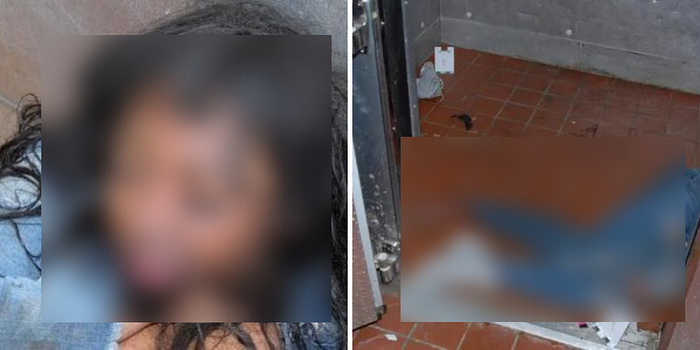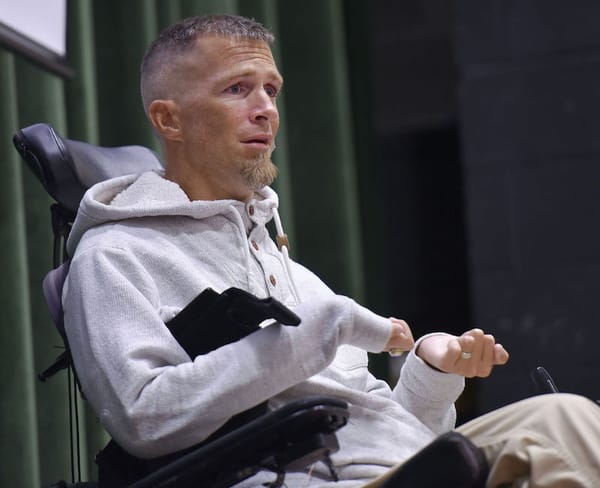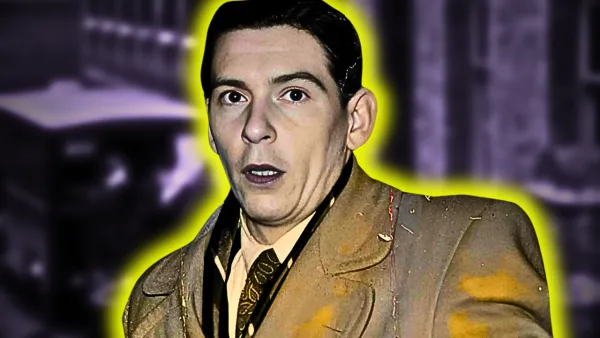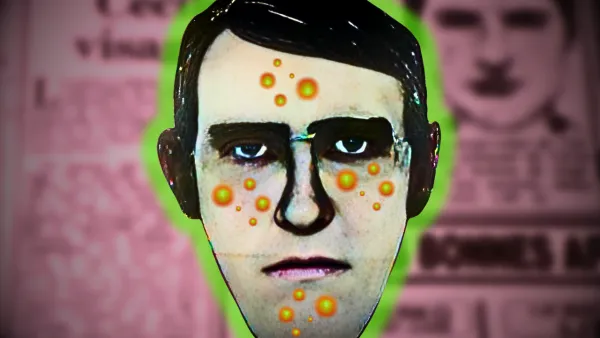Kenneka Jenkins Was Found Dead and Frozen Inside a Hotel Freezer.. but Who Put Her There?

“There are just too many unanswered questions and inconsistencies in the official story” — Activist William Calloway
The Kenneka Jenkins case is a tragic and controversial incident that occurred in September 2017. Jenkins was a 19-year-old African American woman from Chicago, Illinois, who went to a party with friends at the Crowne Plaza Hotel in Rosemont, Illinois, a suburb of Chicago. After the party, Jenkins was reported missing, and her body was found around 24 hours later in an unused freezer in a lower level of the hotel.
Footage
The CCTV video released by the police in the Kenneka Jenkins case showed footage from the hotel’s surveillance cameras on the night of her death. The video showed Jenkins walking through various areas of the hotel, including hallways, stairwells, and the kitchen, where she eventually entered the freezer where her body was found.
“The video footage related to the Kenneka Jenkins case is just one piece of evidence in a larger investigation, and we must be careful not to jump to conclusions based on limited information.” — Illinois State Representative La Shawn K. Ford
The video also showed several other people who were with Jenkins at the party, including some who were seen in the hotel’s elevator with her. The video did not show what happened to Jenkins in the moments leading up to her entering the freezer, and it did not show anyone forcing her into the freezer or acting suspiciously.
Who Was Kenneka?
Kenneka Jenkins grew up in the city and attended Dunbar Vocational High School. According to family and friends, Jenkins was a loving and outgoing person who enjoyed spending time with loved ones and had aspirations of becoming a nurse.

“Kenneka Jenkins was a beautiful young woman with a bright future ahead of her. Her death was a senseless tragedy that should never have happened.” — Congressman Bobby Rush
Jenkins faced some personal struggles in her life, including the loss of her mother in 2014 and a recent breakup with her boyfriend. She was also reportedly dealing with some financial difficulties and was living with her grandmother at the time of her death.
Despite these challenges, Jenkins was described as a determined and hard-working person who was loved by many. Her death was a tragic loss for her family, friends, and community, and it sparked widespread grief and outrage.
Findings
The autopsy report on Kenneka Jenkins’ death stated that the cause of death was hypothermia, which occurs when the body’s temperature drops below the normal range, leading to organ failure and, ultimately, death. The report also noted that alcohol and drug intoxication were contributing factors.

The autopsy report did not find any evidence of trauma or foul play, such as physical injuries or signs of a struggle. However, some people have questioned the accuracy of the autopsy report and have suggested that there may have been other factors involved in Jenkins’ death.
Police
Rosemont Police Department announced on September 15, 2017, that there were no signs of foul play in the death of Kenneka Jenkins. The police stated that their investigation, including the review of the surveillance footage, witness interviews, and forensic evidence, did not reveal any evidence of criminal activity or suspicious behavior.
The police handling of the Kenneka Jenkins case has been criticized by many people who believe that the investigation was botched or incomplete.
“The handling of the Kenneka Jenkins case by the police and the hotel was deeply flawed and inadequate, and it reflects the need for significant reforms in our law enforcement and justice systems.” — Illinois State Senator Napoleon Harris
Some of the police criticisms include:
- Delayed response: The police did not respond quickly enough to the report of Jenkins’ disappearance and that they did not take the case seriously enough at first.
2. Limited release of evidence: Some people have criticized the police for not releasing more surveillance footage from the hotel or for not conducting a more thorough investigation of the evidence.
3. Lack of transparency: The police were not transparent enough about the details of their investigation or about how they arrived at the conclusion that Jenkins’ death was accidental.
4. Dismissal of alternative theories: The police was criticized for dismissing alternative theories about Jenkins’ death, such as those involving foul play or criminal activity.
5. Insufficient interview process: Some people have criticized the police for not conducting enough interviews with witnesses and potential suspects in the case.
Unanswered Questions
Kenneka Jenkins’ mother, Tereasa Martin, initially questioned the official ruling that her daughter’s death was accidental and called for a more thorough investigation. Martin expressed frustration with the police and the hotel’s handling of the case and sought answers to many unanswered questions.
“We cannot rule out the possibility of foul play in this case. The evidence that we have seen does not definitively prove that Kenneka’s death was accidental.” — Attorney Larry Rogers Jr., who represented Jenkins’ family in a lawsuit against the hotel
However, in an interview with the Chicago Tribune in October 2017, Martin acknowledged that she had seen the surveillance footage of her daughter at the hotel and that it appeared that Jenkins had accidentally entered the freezer. Martin said that she still had many unanswered questions about what happened to her daughter and that she wanted justice for her, but she also expressed a degree of acceptance that her daughter’s death may have been an accident.
The speculation about foul play in the case stems from a number of factors, including the circumstances surrounding Jenkins’ death, the police investigation, and the release of limited surveillance footage. Some people have pointed to inconsistencies or unanswered questions in the official story, such as the possibility of Jenkins being drugged or assaulted, or the lack of a clear explanation for how she entered the unused freezer in the hotel basement.
The controversy surrounding the case has raised important questions about hotel safety, police transparency, and justice for victims of color, and it has inspired activism and advocacy for change. However, it is also important to remember that the case involves real people and real trauma, and that any discussion or debate about it should prioritize empathy, respect, and a commitment to truth and justice.





